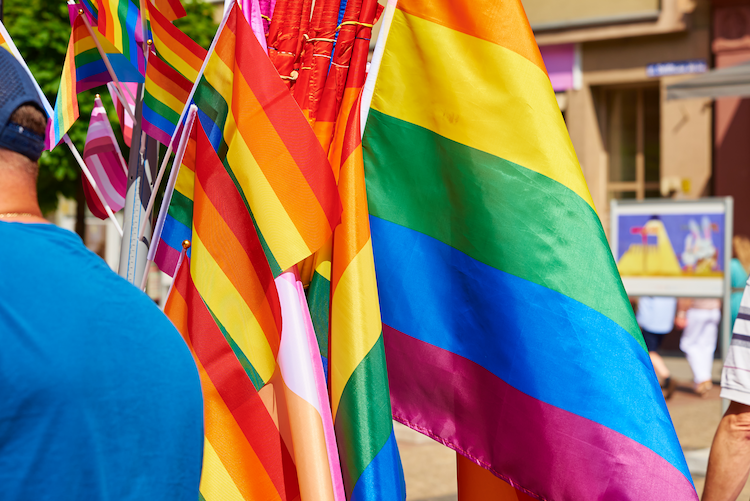Menu
Hot-Topics
July 10, 2025 | Supreme Court Upholds Tennessee Law Banning Transgender Care for Minors
Month: September 2024

SCOTUS Rules Plaintiffs Lack Standing to Challenge Government’s Alleged Social Media Censorship
In Murthy v. Missouri, 603 U. S. ____ (2024), the U.S. Supreme Court held that two States and five individual social-media users who sued dozens of Executive Branch officials and agencies, alleging that the Government pressured the platforms to cens...

SCOTUS Clarifies Statute of Limitations for APA Claims
In Corner Post, Inc. v. Board of Governors of the Federal Reserve System, 603 U.S. ____ (2024), the U.S. Supreme Court held that a claim under the Administrative Procedure Act (APA) does not accrue for purposes of 28 U.S.C. § 2401(a)’s default s...

SCOTUS Upholds Preliminary Injunction Against Title IX Rule Granting Protections to LBGTQ Students
In Department of Education v. Louisiana, the U.S. Supreme Court refused to lift preliminary injunctions preventing the Department of Education from implementing a new rule that broadens the definition of sex-based discrimination under Title IX of th...

SCOTUS Remands Content Moderation Cases But Still Delivers First Amendment Lessons
In Moody v. NetChoice and NetChoice v. Paxton, 603 U.S. ____ (2024), the U.S. Supreme Court confirmed that social-media platforms have First Amendment interests in exercising editorial discretion over the third-party content. However, the Court rem...
Previous Articles
Supreme Court Rejects Mexico’s Suit Against U.S. Gun Manufacturers
by DONALD SCARINCI on July 8, 2025
In Smith & Wesson Brands v. Estados Unidos Mexicanos, 605 U.S. ____ (2025), the U.S. Supreme Co...
SCOTUS Sides With Employee in Reverse Discrimination Case
by DONALD SCARINCI on July 2, 2025
In Ames v. Ohio Department of Youth Services, 605 U.S. ____ (2025), the U.S. Supreme Court held tha...
Supreme Court Rejects Moment of Threat Doctrine in Deadly Force Case
by DONALD SCARINCI on June 30, 2025
In Barnes v. Felix, 605 U.S. ____ (2025), the U.S. Supreme Court rejected the Fifth Circuit Court o...
The Amendments
-
Amendment1
- Establishment ClauseFree Exercise Clause
- Freedom of Speech
- Freedoms of Press
- Freedom of Assembly, and Petitition
-
Amendment2
- The Right to Bear Arms
-
Amendment4
- Unreasonable Searches and Seizures
-
Amendment5
- Due Process
- Eminent Domain
- Rights of Criminal Defendants
Preamble to the Bill of Rights
Congress of the United States begun and held at the City of New-York, on Wednesday the fourth of March, one thousand seven hundred and eighty nine.
THE Conventions of a number of the States, having at the time of their adopting the Constitution, expressed a desire, in order to prevent misconstruction or abuse of its powers, that further declaratory and restrictive clauses should be added: And as extending the ground of public confidence in the Government, will best ensure the beneficent ends of its institution.
Awards





